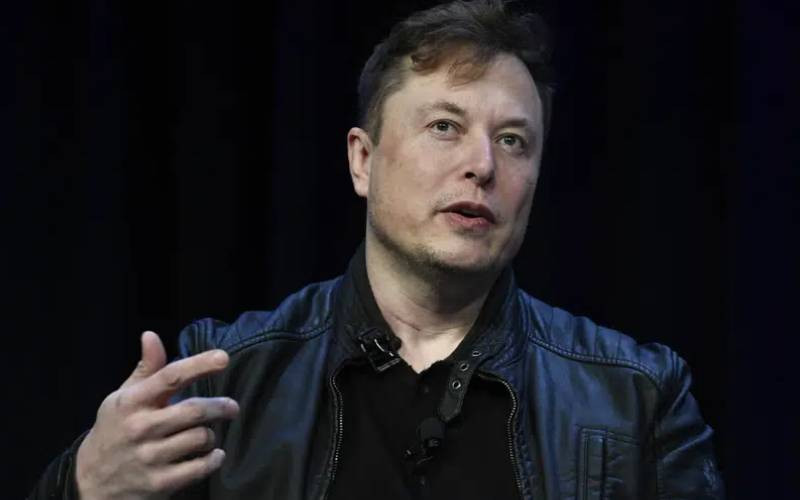×
The Standard e-Paper
Fearless, Trusted News

Millions of Twitter users asked Elon Musk to step down as the head of Twitter in a poll the billionaire created and promised to abide by. But by Monday afternoon there was no word on whether Musk would step aside or who the new leader might be.
Twitter has grown more chaotic and confusing under Musk's leadership with rapidly vacillating policies that are issued, then withdrawn or changed.